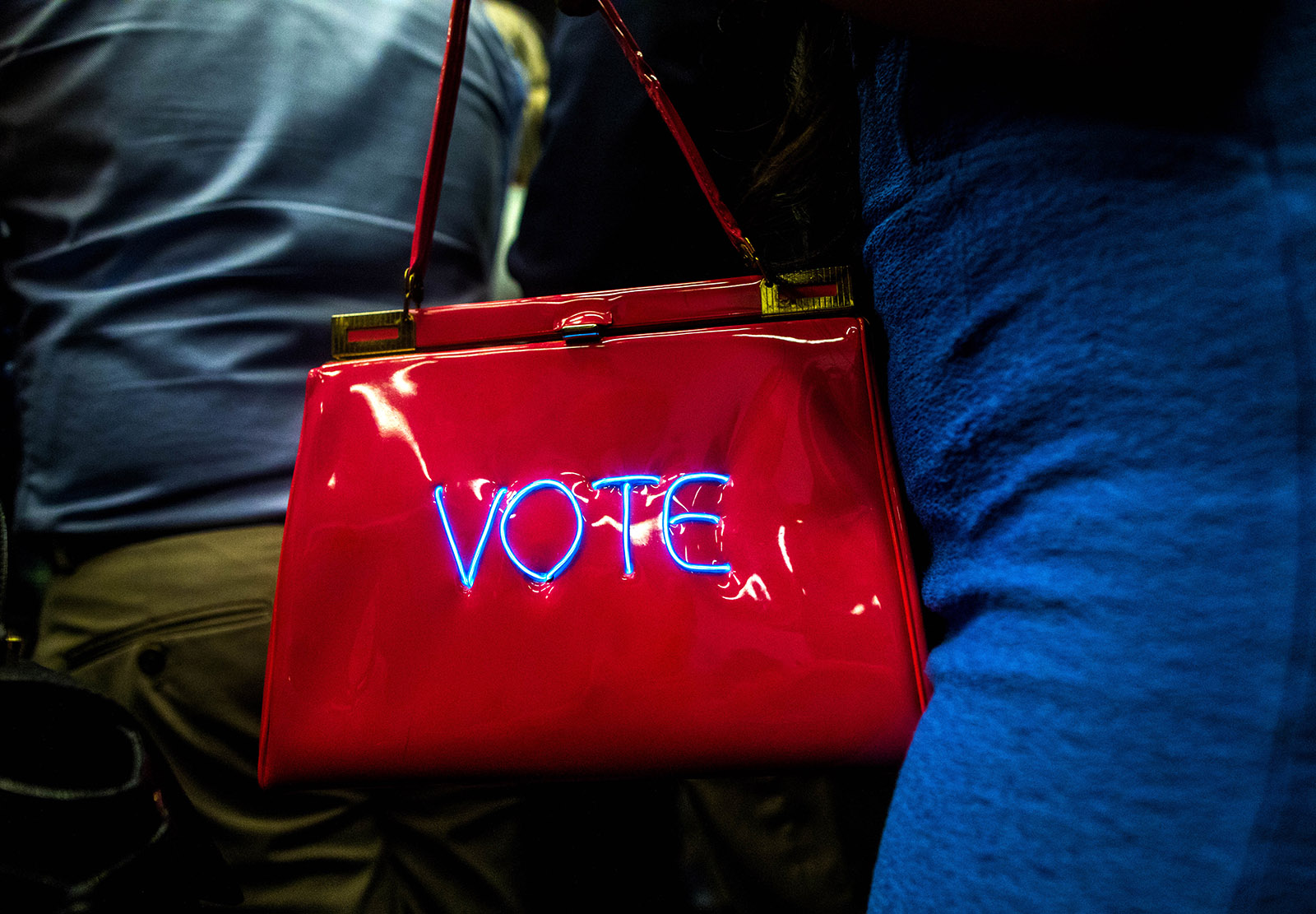When former president Barack Obama called on the nation to oppose Donald Trump at the University of Illinois at Urbana–Champaign last week, he said there was only one way to do it, by voting. This was a criticism of the internal resistance supported by the anonymous op-ed writer in The New York Times. Obama said that people who “secretly aren’t following the president’s orders” are not defending democracy: “These people are not elected. They’re not accountable.”
That is a plausible argument, one that has been used in the past to oppose every kind of civil disobedience, whether unions that launch strikes, Rosa Parks sitting in a forbidden place, or those who break trespass laws for sit-ins (Occupy Wall Street, Black Lives Matter), or Harriet Tubman smuggling blacks out of the South, or people hiding Jews from Nazis. People engaged in these activities have not been elected; they are not publicly “accountable.” And yet, if people consider specific laws unjust, we are told, they should change the laws, not just break them. Argue against them. Vote against them. Use legal means.
But what if the laws are not only unjust but framed and upheld by measures that baffle democratic correction? The classical justification for tyrannicide is that the tyrant has removed legitimacy from the laws, so there should not be unilateral observance from those who would be crippled by the law’s observance. But the trouble with tyrannicide as a test of obedience to law is that it does not allow for any resistance short of killing the tyrant. There must be other ways to resist before that drastic extreme. If we wait until the tyrant kills six million Jews before tyrannicide is contemplated, we are actually facilitating tyranny.
Some people said that Martin Luther King Jr.’s form of civil disobedience was justified because he broke the law openly and took the punishment prescribed by law. But that was less a moral validation than good public strategy. He was trusting that support could be recruited for his position. Harriet Tubman could not have done that, nor Oskar Schindler, nor the people hiding Anne Frank. And even King’s Southern Christian Leadership Conference, though it acted openly, planned in secret. Secret disobedience is not immoral because secret.
But is it not premature or scare-mongering to think of Donald Trump as a tyrant? Yes, if Hitler’s final Holocaust is the measure. But the signs of a creeping dictatorship are clear and daily displayed. What else is government by constant rallies—with crowd size exaggerated by lies? By insulting tweets spewed out in a constant stream? By the co-option of the justice system? By declaring all major press outlets except the propaganda arm of the administration to be “enemies of the people”? By branding Muslims as “animals” as Hitler did the Jews? By the personal rescinding, achieved or attempted, of major pacts reached by national diplomacy—from the Paris Accords, to NATO, to NAFTA, to TPPA? By declaring all agencies of government not originated by the dear leader as remnants of a “deep state”? By threatening to use nuclear “rockets”? By advocating that critics of the dear leader be roughed up? By calling some self-proclaimed Nazis “good people”? By calling any opposition to the leader matters of “national security”—whether Canada’s managing of its own affairs, or The New York Times’s publishing an anonymous op-ed? By using the machinery of the state for enrichment of the leader and his family? By multiple steps to limit the ability to vote?
How long must the list grow before we hope that resistance be mounted openly, secretly, immediately, effectively? President Obama says we must wait until we can vote. After all, in a matter of weeks, we may vote in a House of Representatives that may impeach the president. But it is doubtful that we will elect a Senate that can convict the president. Vote, of course. But there is no reason to think that voting is the sole allowable form of resistance. Even those who thought Prohibition unjust were energetic and imaginative in opposition to it before it was legally abolished—in fact, the legal outcome was caused by the opposition. That was a minor matter compared to the dictatorial steps constantly being taken by Donald Trump—and he chafes that he is not able to take more of them.
President Obama should reflect on Cicero’s maxim: Salus populi suprema lex esto. “The highest law should be preservation of the people.”



